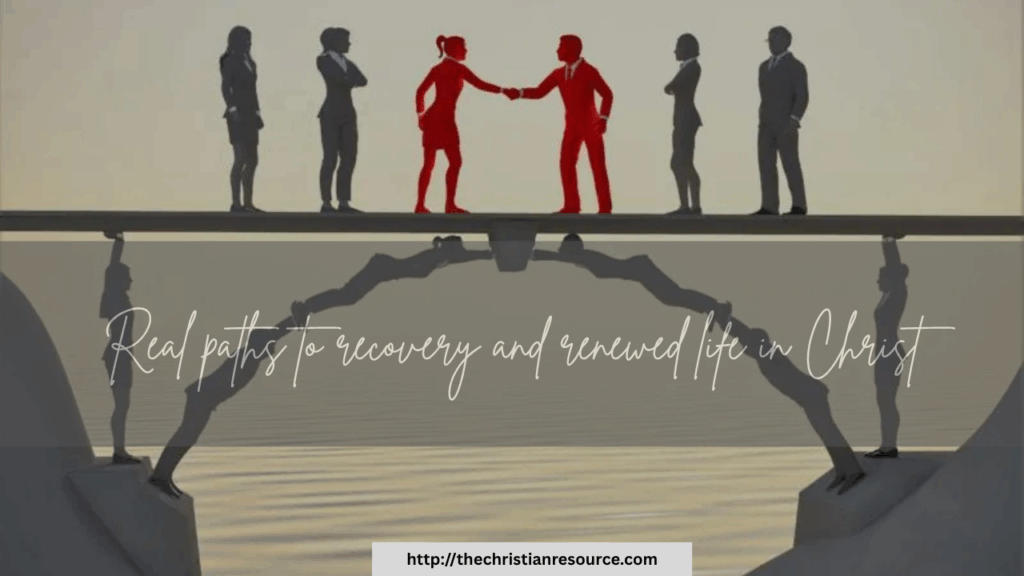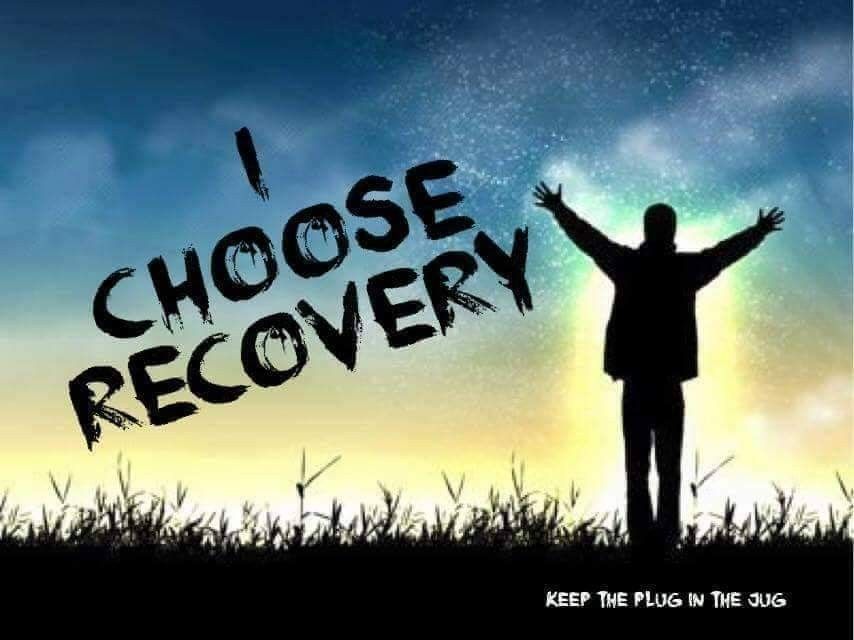
Addiction is a painful and often isolating experience. For many, it creates a divide between the life they are living and the life they long for—one filled with hope, healing, and purpose. In the face of this struggle, Christian communities are rising to the challenge, building bridges that lead people out of addiction and into a life of restoration through faith. By offering spiritual support, practical resources, and compassionate community, churches and Christian groups are becoming a vital part of the recovery journey.
The Church as a Bridge to Hope
The church has always been a place of refuge—a spiritual hospital for the hurting. Jesus Himself said in Luke 5:31-32, “It is not the healthy who need a doctor, but the sick. I have not come to call the righteous, but sinners to repentance.” This message of grace and redemption is the foundation of how Christian communities approach addiction recovery.
Rather than judging those caught in addiction, churches are called to offer love, truth, and hope. They serve as a bridge between brokenness and healing by pointing individuals toward the transforming power of Jesus Christ. Through faith, people are reminded that no one is too far gone and that God’s mercy is available to all who seek it.
Faith-Based Recovery Programs
Many Christian communities have developed structured, faith-based recovery programs designed to walk alongside individuals battling addiction. Programs like Celebrate Recovery, The Life Recovery Program, and other church-led initiatives combine biblical principles with practical steps for healing. These programs often include group meetings, mentorship, and discipleship, helping participants replace addiction with a renewed focus on Christ.
These recovery efforts build a pathway that leads from addiction to restoration—offering tools not just for sobriety, but for spiritual growth and lasting change.
Building Relationships That Heal
One of the greatest strengths of Christian communities is their ability to build meaningful relationships. Addiction thrives in secrecy and isolation, but healing happens in connection. When individuals in recovery are welcomed into a caring, supportive church family, they begin to experience love that reflects the heart of Christ.
Small groups, prayer partners, and accountability teams provide a framework for encouragement and growth. These relationships remind recovering individuals that they are not alone—and that others are walking beside them every step of the way.
Equipping the Church to Serve
To effectively support those in recovery, churches must be intentional about education and training. Pastors, leaders, and members can benefit from learning how to recognize addiction, respond with compassion, and offer appropriate resources. Hosting workshops, inviting Christian counselors, and forming recovery ministries are practical ways churches can strengthen their outreach.
By equipping themselves, Christian communities are better prepared to serve not only their members but also those in the broader community seeking hope and healing.
Conclusion
Christian communities have a powerful role to play in addiction recovery. By building bridges—through faith-based programs, supportive relationships, and a message of grace—they help individuals move from bondage to freedom. As churches continue to open their doors and hearts, they become vessels of God’s healing love, creating real paths to recovery and renewed life in Christ.








